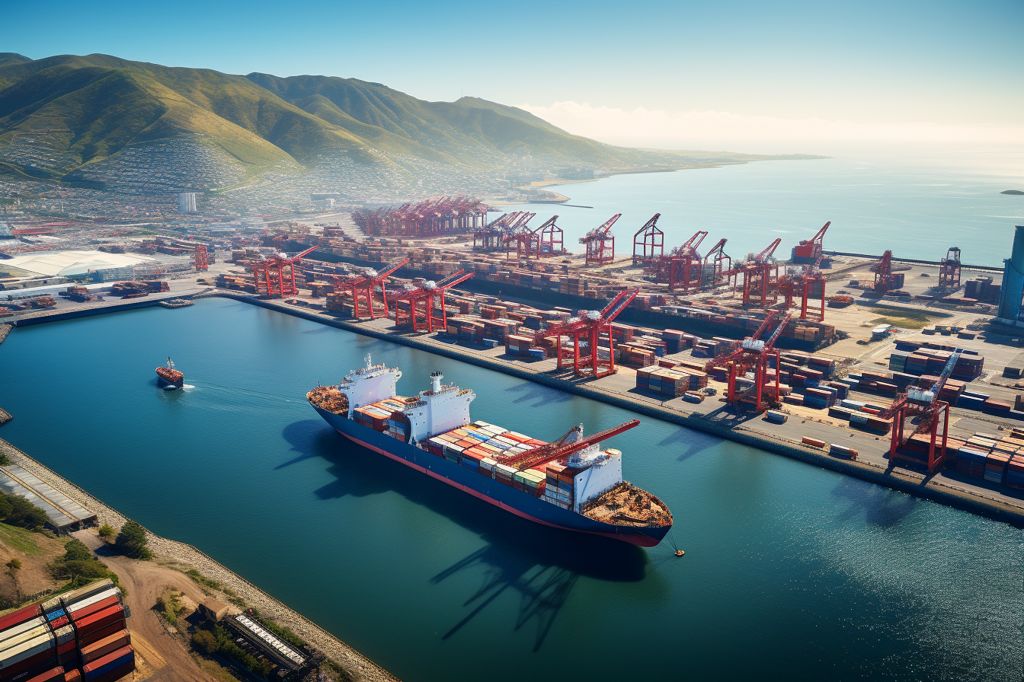Cape Town’s authorities are seeking urgent discussions with national representatives to explore opportunities for private sector participation in the Port of Cape Town. This comes in the wake of the announcement of the partial privatisation of Durban’s port, which is set to be co-owned and operated by the Philippines-based International Container Terminal Services.
Benefits of Private Sector Participation
The partial privatisation of Durban’s port could pave the way for similar innovations in Cape Town. Research conducted by the Western Cape’s Department of Economic Development and Tourism suggests that private sector participation could lead to an estimated R6 billion increase in exports, the creation of around 20,000 direct and indirect jobs, and an additional R1.6 billion in taxes over five years.
Officials’ Enthusiasm for Private Sector Involvement
Alderman James Vos, Cape Town’s Mayoral Committee Member Economic Growth, welcomes the opportunity for private sector involvement in the city’s port. He expressed his enthusiasm for the prospects of private sector participation and is urging for an immediate meeting with the Ministers of Public Enterprises and Trade and Industry.
Current Performance of the Port of Cape Town
Transnet’s presentation to the Western Cape standing committee on finance and economic opportunities and tourism revealed that the Port of Cape Town’s current performance is disappointing. The container terminal is severely underequipped, possessing only 16 rubber tyre gantries instead of the optimal 39. Various indicators show a decline in the port’s performance, including vessel waiting times, vessel turnaround times, and truck turnaround times.
Emphasis on the Importance of Efficient Goods Movement
Alderman Vos welcomes the Western Cape government’s report, which recommends the appointment of a private service provider to operate the terminal. He emphasises the importance of efficient goods movement through ports for a country reliant on trade and exports, like South Africa. He also stresses the necessity of convening the economic cluster of the state to discuss the implications of privatisation, the allocation of costs, private sector contributions, and operational control.
Unlocking the Port’s Full Potential
The pursuit of private sector participation in Cape Town’s port is crucial for unlocking its full potential. It is essential for the government to engage with businesses and collaborate in managing key infrastructure to ensure economic growth and job creation in the region. Companies will redirect their business to other ports if delays persist, making it crucial to address the problems in the port’s performance.








